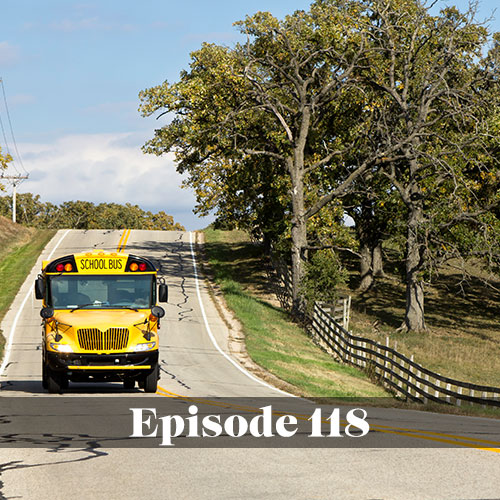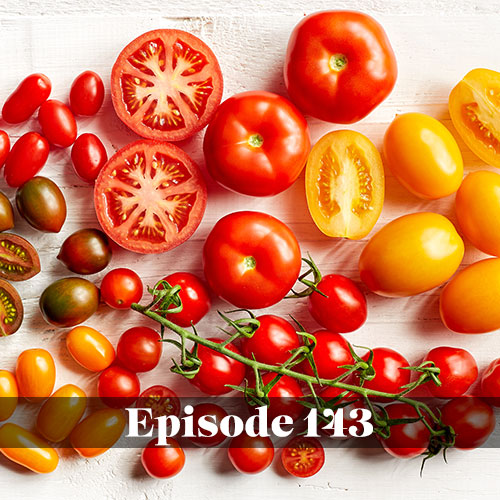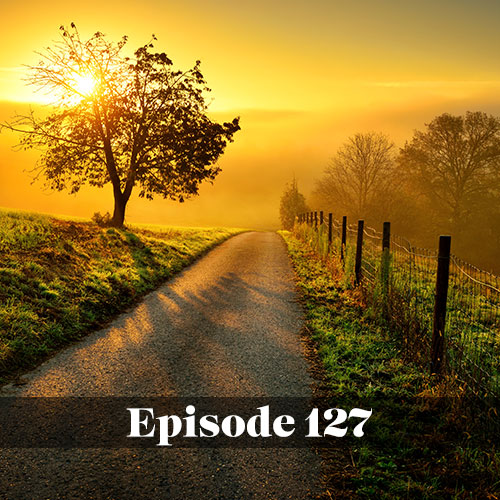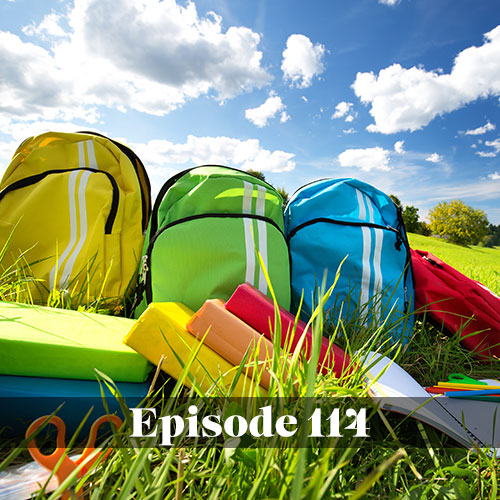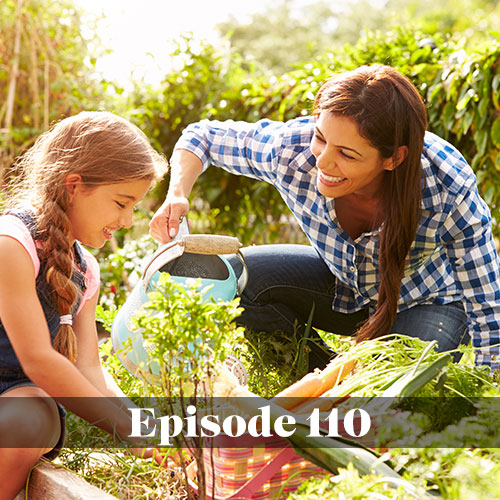In this episode, host Joel Gagne speaks with John White, former Deputy Assistant Secretary for Rural Outreach at the U.S. Department of Education. They talk about the state of rural education and the possibilities for the future.
“Oftentimes rural schools are out-of-sight, out-of-mind,” John says, “and we need to refocus and address their needs as well.”
In his role with the Department of Education, John says he invited about a dozen superintendents from small schools to discuss their challenges and opportunities. And he traveled to 42 states over the course of less than five years—a “whirlwind, but meaningful.”
Joel and John talk about how rural schools struggle to apply for federal grants because they don’t have grant writers.
Rural schools struggle from limited access to resources such as libraries and Wi-Fi.
“Right now one of the biggest challenges across the country is internet access,” John says. “So if you have high-speed internet access you can access education, economic tools. If you don’t, and you’re in a remote rural area, you’re at a great disadvantage.”
Joel and John talk about how these disadvantages are extreme, for example, in parts of Wyoming, Alaska and Appalachia.
“The challenges are very great in rural areas where you are disconnected from employment opportunities and from those support services,” John says.
John talks about the Rural Education Achievement Program within the U.S. Department of Education. There are two parts: one for small rural schools with fewer than 600 students, and one for larger ones.
“If you’ve never heard of it, and you’re a superintendent in a rural area, you should definitely look into it to see if you have funding available,” John says.
Programs are available for teacher housing, agriculture, transit funding and other resources, it’s just a matter of knowing where to look. There is a new federal report due out soon, and podcast listeners should follow to see how the government is going to meet the needs of rural schools.
Joel says a lot is demanded of public education. Rural education leaders, especially, have much to do beyond their explicit job duties. He asks John about the resources these leaders should look to.
John talks about how rural schools should be organized as the hubs of communities.
“What our schools and communities need to do is develop those partnerships, whether it’s with family farms or local businesses,” he says. “But also, I would say the community foundations in those areas—they are great opportunities for rural schools and rural communities to find support and assistance.”
The community foundation branch of philanthropy is expected to increase in the next decade. Now is the chance to establish those relationships.
Joel asks John about the one thing he would change in public education.
“I would say we need to figure out how to inspire and motivate and support the next generation of teachers,” John says. “Most young people today are not thinking about going into teaching.”
There are ways to solve the problem, whether it is with teacher academy programs or partnerships with colleges and universities. All parties can work together to show young people they can make a difference in lives through teaching. And teachers should be compensated so that it’s recognized as a competitive profession.
“I think we have a real opportunity to make a difference,” John says. “But I think it’s going to take a national commitment. Not just from government, but from private sector, from nonprofits, from the education community—to say we want our best and brightest to go into teaching.”
Joel says this attitude will inspire career retention, which is a challenge for teachers and superintendents in rural schools.
John recommends listeners read the book The Smartest Kids in the World by Amanda Ripley.
Joel closes out the episode by suggesting rural school leaders get in touch for connections to resources. There are programs available, but money is being left on the table.
Got a question or topic you’d like covered in an upcoming We Love Schools podcast? Email us at info@weloveschoolspodcast.com
First time listening to We Love Schools? Learn more about our weekly podcast.
Interested in learning more about how the Allerton Hill Communications team can help your school with communications? Contact us today.


